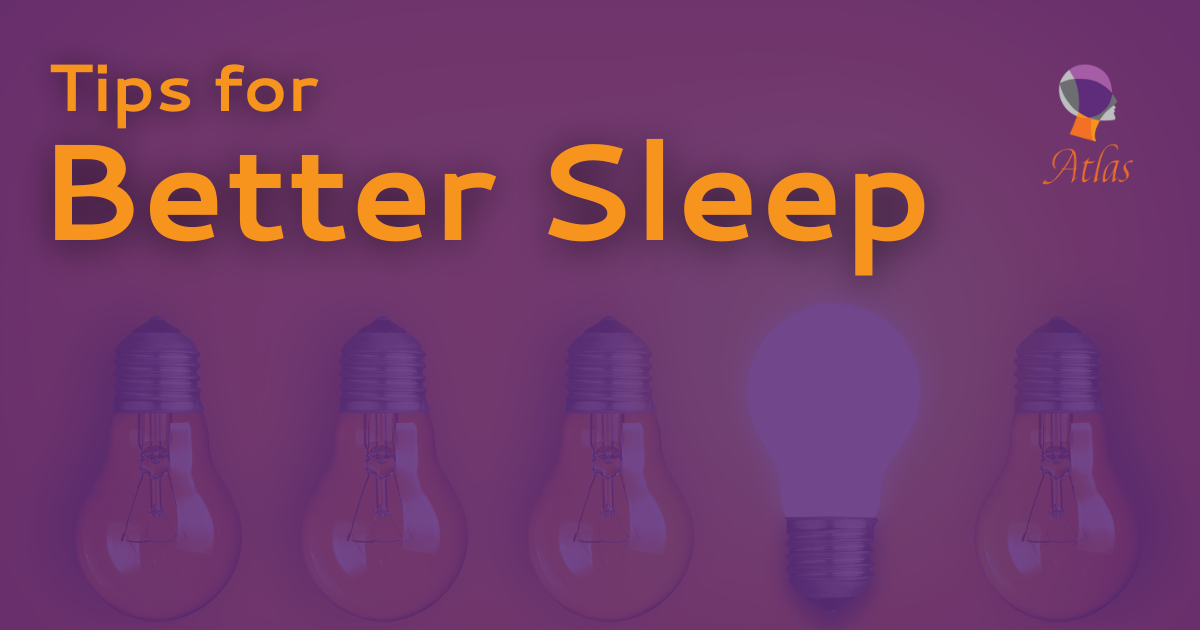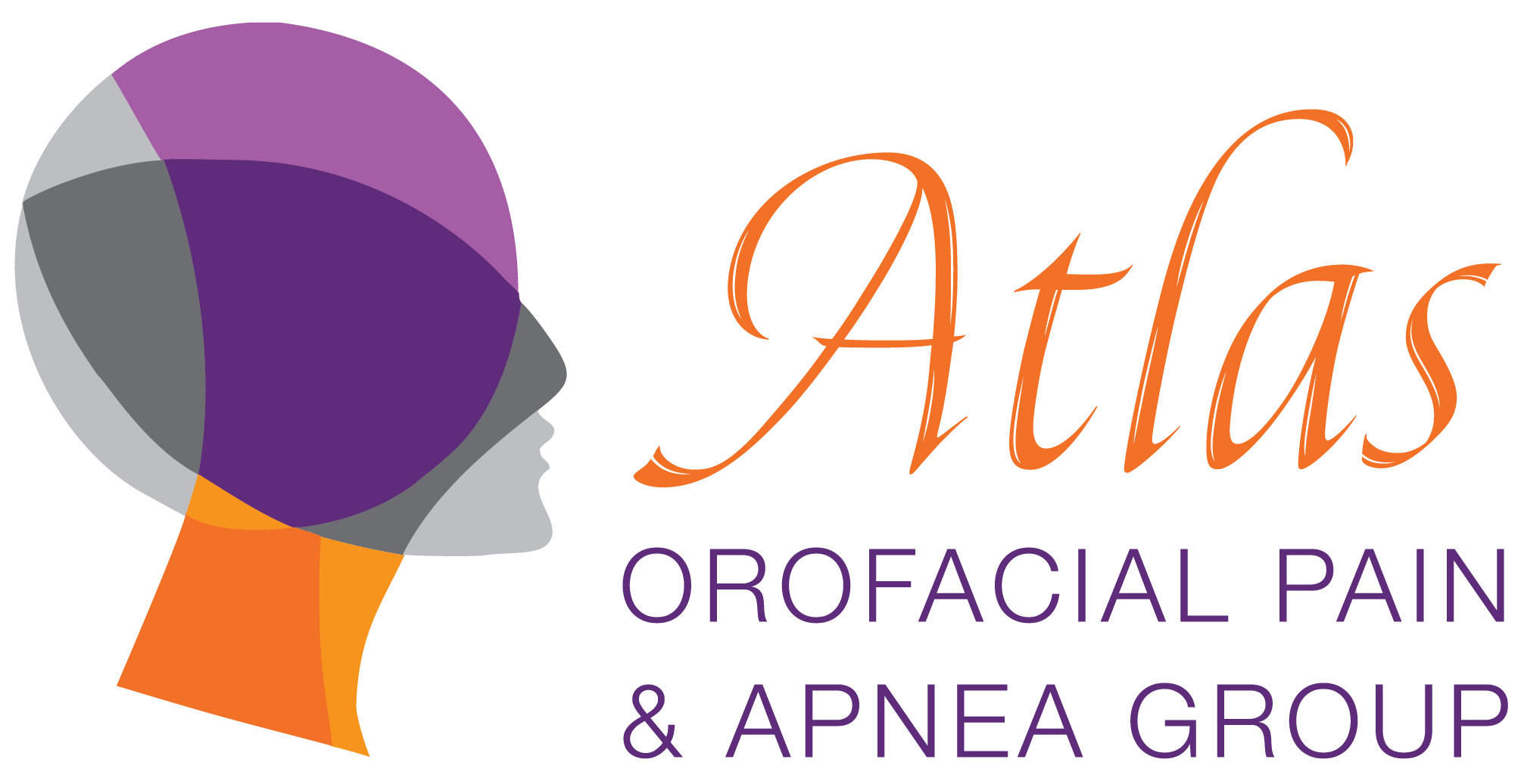Quality sleep is important to help us function properly in our daily lives. Sleep is essential to your physical and mental health. When you are sleeping, your body and mind are taking that time to reset and recharge for the next day. When quality sleep is lacking or you frequently wake from issues such as sleep apnea, it begins to affect multiple areas of your daily life, from energy to weight loss or weight gain to mood. Poor sleep can also lead to serious health issues related to high blood pressure, increased heart disease, kidney disease, and diabetes. There are simple changes you can make to help improve your quality of sleep. Read on to learn these helpful tips and suggestions.
Create a Sleep Routine
If you feel you are not getting quality sleep, the first recommendation is to create a sleep routine to follow each night before bed. The body thrives on a schedule, and it can become confusing when sleep and wake times vary each day. So, while the snooze option on your alarm might be appealing, you should not give in to the temptation. Planning ahead of time and creating a routine and schedule allows you to relax and get the quality sleep you require.
Additional Tips to Help Improve the Quality of Your Sleep
- Have a nightly routine, which may include a bath, warmed lotion, cozy pajamas, and hot tea.
- Avoid electronics. including TV, video games, and cell phones for approximately 30 minutes prior to bedtime.
- Try to get 30 minutes of exercise per day.
- Be mindful of caffeine and alcohol consumption.
- Avoid bright lights before bed. Use soft lighting to prepare your eyes and mind for sleep.
Improve the Ambiance in Your Bedroom
If you are concerned about the quality of your sleep, we recommend evaluating your bedroom. Are your mattress and pillow conducive to sleeping comfortably and properly? Creating a calming space that you enjoy is also helpful. Look for bedding that is soft and enjoyable to lay on. Be sure that your blinds or curtains are blocking out the morning sunlight. Finally, make sure to check the temperature of the room during the nighttime hours. A room that is too warm or too cold will not foster proper sleep habits.
If you are located in Buffalo, NY or the surrounding area, suffering from poor sleep habits and concerned that it might be related to sleep apnea, please contact us to schedule an appointment. We are here to help you get the quality sleep you need and deserve.



